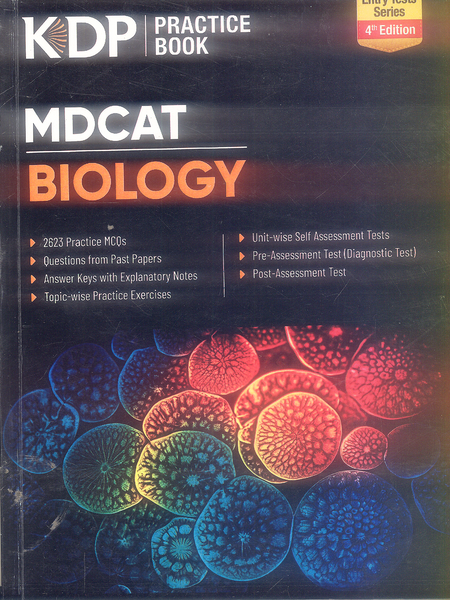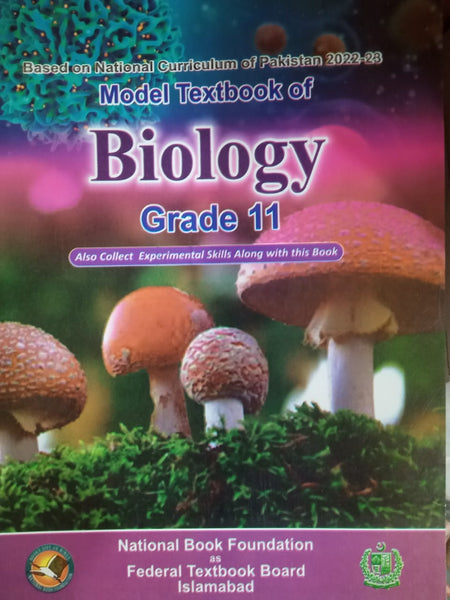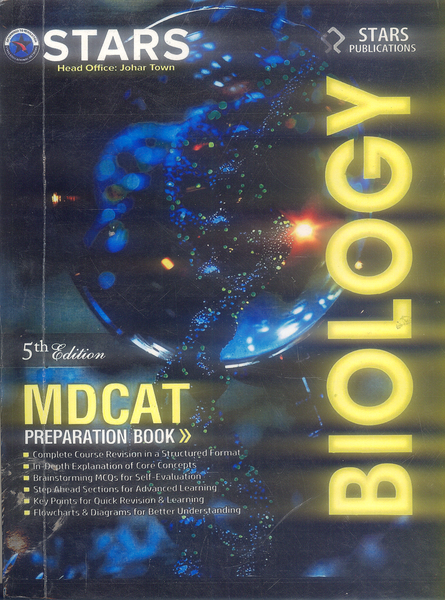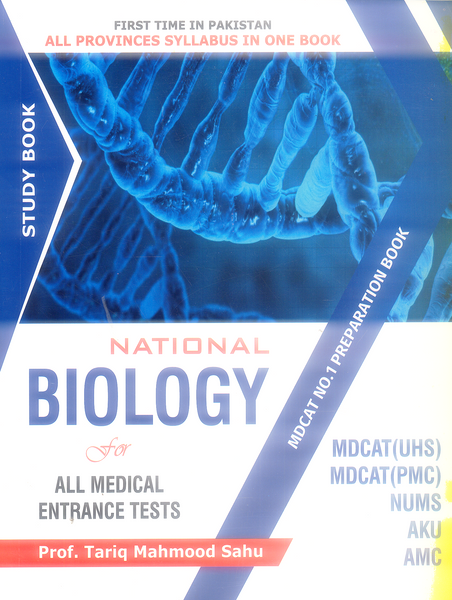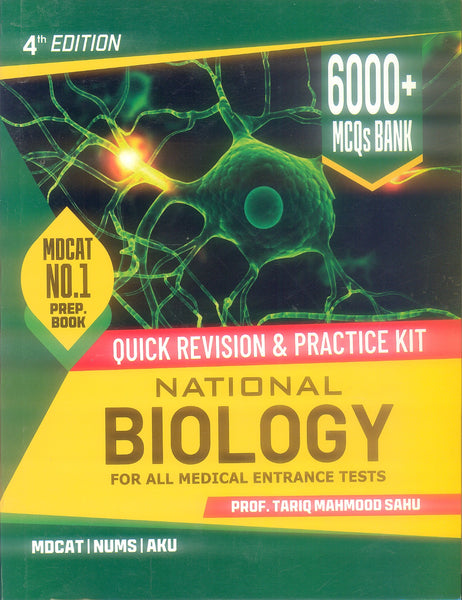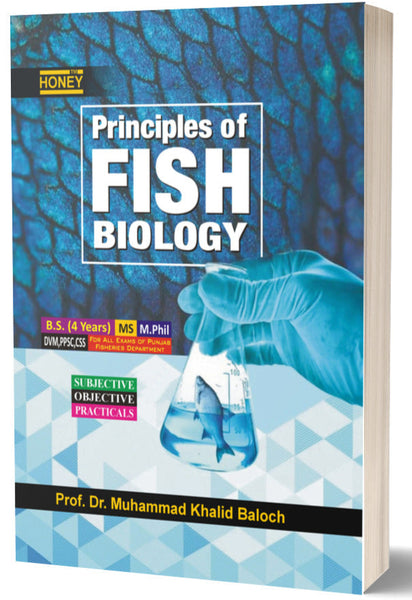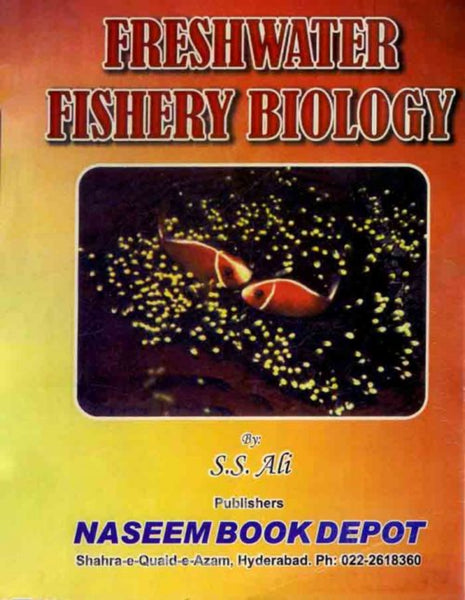Plant Pathogen Resistance Biotechnology 1st Edition by David B Collinge (Editor)
- Publisher: BIOLOGY
- Availability: In Stock
- SKU: 49218
- Number of Pages: 448
Rs.960.00
Rs.1,195.00
Tags: agricultural biotechnology , best books , Best Price , Best Selling Books , biotechnological innovations , biotechnological solutions , biotechnology in agriculture , crop biotechnology , crop improvement , crop protection , David B. Collinge , disease resistance , disease-resistant crops , genetically modified crops , molecular plant pathology , ONLINE BOOKS , Online Bookshop , pathogen resistance traits , pathogen-host interactions , plant biotechnology applications , plant defense mechanisms , plant diseases , plant immunity , plant molecular biology , Plant pathogen resistance , Plant Pathogen Resistance Biotechnology , plant pathogens , plant protection strategies , plant responses to pathogens , resistance genes , resistance mechanisms in plants , transgenic plants
Plant Pathogen Resistance Biotechnology (1st Edition), edited by David B. Collinge, provides a comprehensive exploration of the cutting-edge biotechnological approaches used to combat plant diseases caused by pathogens. The book focuses on the molecular mechanisms behind plant resistance to pathogens and the application of genetic and biotechnological tools to improve plant defense mechanisms. Collinge brings together contributions from leading researchers in the field to discuss the various strategies being used to develop resistant crop varieties, including genetic engineering, molecular breeding, and the use of natural plant defense compounds. The text covers a wide range of plant pathogens, including fungi, bacteria, viruses, and nematodes, and addresses both theoretical and practical aspects of pathogen resistance. This edition serves as a crucial resource for students, researchers, and professionals in plant pathology, agricultural biotechnology, and crop protection.
Key Points:
-
Molecular Basis of Plant Resistance: The book provides a detailed overview of the molecular mechanisms that underpin plant resistance to various pathogens, including the role of plant immune systems.
-
Genetic Engineering for Disease Resistance: It discusses how genetic engineering has been applied to introduce resistance genes into plants, offering solutions to combat resistant strains of pathogens.
-
Role of Pathogenesis-Related Proteins: The book explores the function of pathogenesis-related (PR) proteins and their contribution to the plant's defense system against pathogen attacks.
-
Transgenic Plants for Pathogen Resistance: The text covers the development of transgenic plants with enhanced resistance to diseases, explaining both the successes and limitations of this approach.
-
Molecular Breeding Techniques: The book introduces molecular breeding methods, such as marker-assisted selection (MAS), that help accelerate the development of pathogen-resistant crops.
-
Chemical and Biological Control: It reviews the use of chemical agents, biocontrol agents, and natural plant-derived compounds in enhancing plant resistance to pathogens.
-
Resistance to Fungal Pathogens: The text focuses on specific approaches to combat fungal pathogens, including the identification of fungal resistance genes and the application of fungicide resistance strategies.
-
Bacterial and Viral Resistance: The book delves into the strategies for developing resistance to bacterial and viral diseases in plants, highlighting the molecular techniques used for identification and resistance breeding.
-
Pathogen-Elicitor Interactions: It discusses the complex interactions between plant defense systems and pathogen elicitors, offering insights into how plants recognize and respond to pathogens.
-
Future Prospects and Challenges: The book explores the future directions in plant pathogen resistance biotechnology, such as gene editing technologies (e.g., CRISPR), and the challenges of regulatory approval and public acceptance of genetically modified crops.
Conclusion:
Plant Pathogen Resistance Biotechnology is an essential resource for understanding the role of biotechnology in plant disease management. Edited by David B. Collinge, the book provides an in-depth look at the latest techniques and strategies used to enhance plant resistance to pathogens. By covering a broad spectrum of approaches, from genetic engineering to molecular breeding and biocontrol, it offers both theoretical insights and practical applications for researchers, students, and professionals in plant pathology and agricultural biotechnology. This book is a crucial guide for anyone involved in the development of pathogen-resistant crops and the fight against plant diseases that threaten global food security.
════ ⋆★⋆ ═══
Writer ✤ David B. Collinge (Editor)



